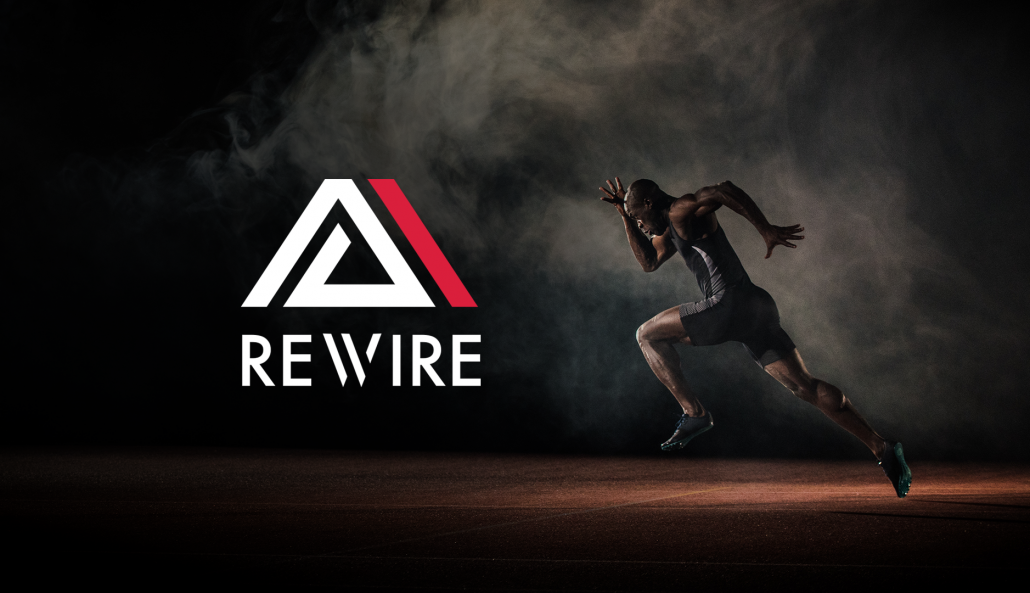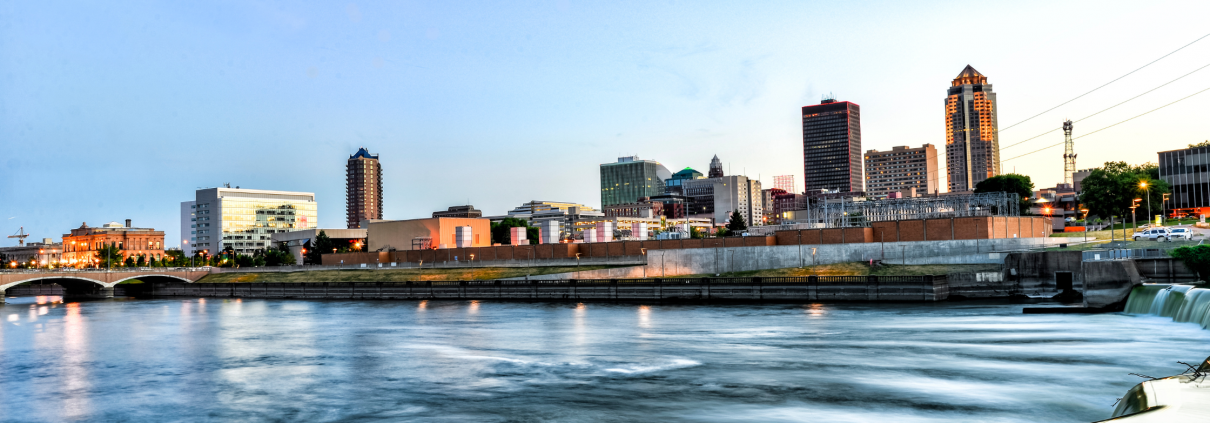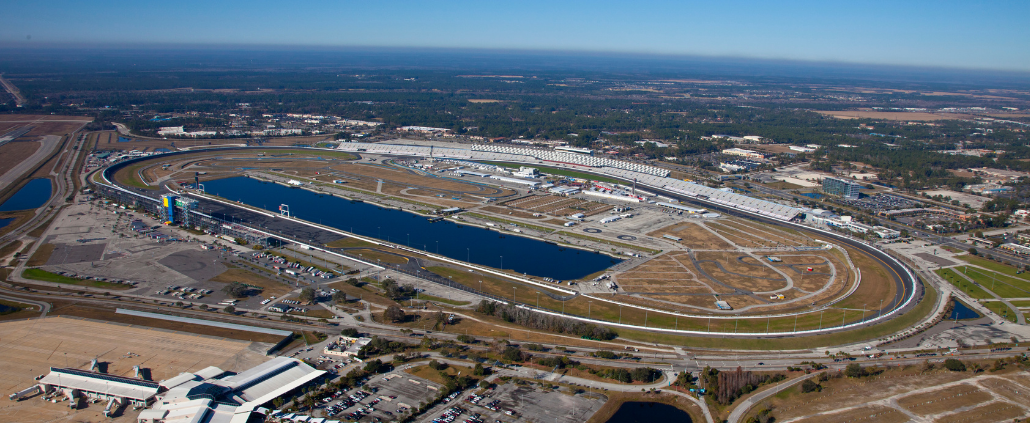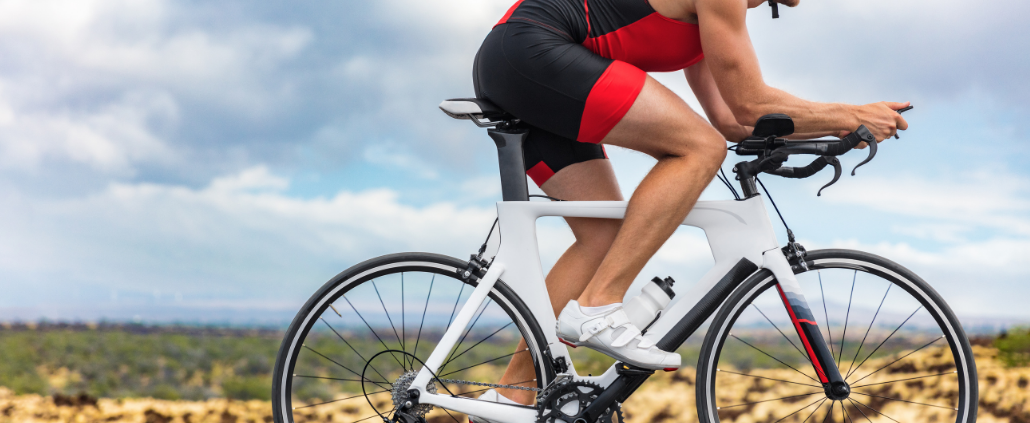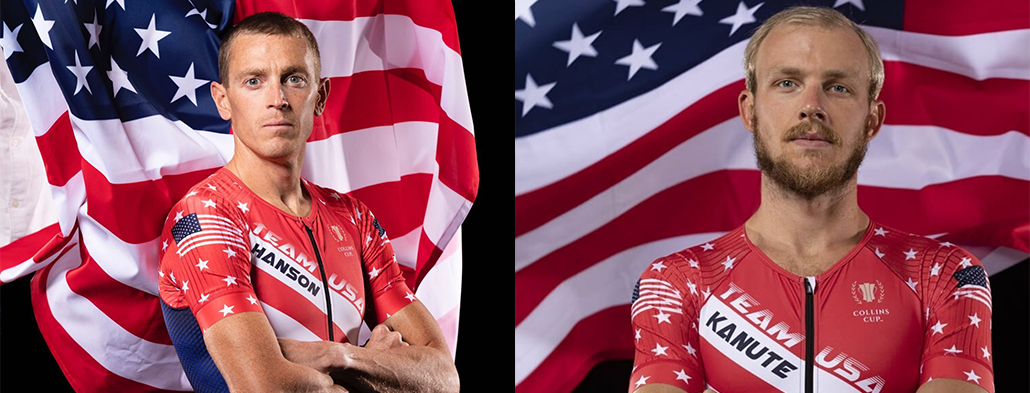Rewire Athletes Conquer the Ironman Des Moines
Matt Hanson is a Rewire Athlete and Sports Performance Advisor. This professional triathlete and coach was named one of the top contenders for the Ironman Des Moines and gave it his all to grab the title of 2022 Certified Piedmontese Beef IRONMAN North American Championship Des Moines men’s winner. Matt crossed the finish line far ahead of the rest with a time of 7:56:48, leaving Andre Lopes in second place with 2:39 minutes more on his time. Another Rewire Athlete, Timothy O’Donnell, snatched third place with +13:19 minutes with a strong swim time.
Matt charged through the start line and pushed hard to build the initial gap. He said that he definitely overbiked but that it was intentional in order to get a gap on the run. “I didn’t plan on losing the gap like I did in the end,” Matt confessed.
According to MSN, this result shows that Matt “might finally have the resume to post a top-five finish” at the Ironman World Championships in Hawaii, the most prestigious Ironman race in the world. Despite finishing the race “on fumes”, his sixth Ironman win was special as it was in front of so many friends and family.
In 2021, Sun Sachs (co-founder and CEO of Rewire) and Ed Gibbins (co-founder and product leader of Rewire) interviewed Matt Hanson on Rewire’s Fitness Podcast. They explored Matt’s journey from being a professor in exercise science to a professional triathlete competing at the highest level.
“Nose to the ground and being able to push through. When you hear the word resilience, you think of a fighter. Someone who is able to weather the storm and keep pushing through.” – Matt Hanson
A prime example of resilience and mental fitness is the story of Timothy, which was covered on the Rewire Fitness Podcast. In 2021, Timothy nearly died from a heart attack where, according to the New York Times, the “trauma care specialist called the resuscitation team and told it to stay close”.
“That’s where the mind-set of the athlete kicked in. Just put negativity out of the mind and focus on surviving.” – Timothy O’Donnell
After a challenging year of rehabilitation, Timothy was ready to race again. However, his racing career remained a benefit of improving his health and not the main goal. For him and his wife, Mirinda Carfrae, the aim was to “get him healthy so he could live a long and healthy life”. More than the physical, it was the mental fitness that was an intricate struggle. On the podcast with Sun and Ed, Timothy emphasised the importance of mental resilience. He said that there are so many variables that you can’t control, so you have to let go of the external things you can’t control and find yourself and focus on your resilience. It’s about being okay with the cards in your hand, the cards that you were dealt, and focusing on what you can do.
“I asked myself: how can I be the best athlete considering the circumstances? And I just got to work.” – Timothy O’Donnel
“I got it out of my mind and got to work. I’m not going to do it by thinking of doing it. I’m going to do it by executing and thinking about the little things I have to do during the race to achieve that goal.” – Timothy O’Donnell
